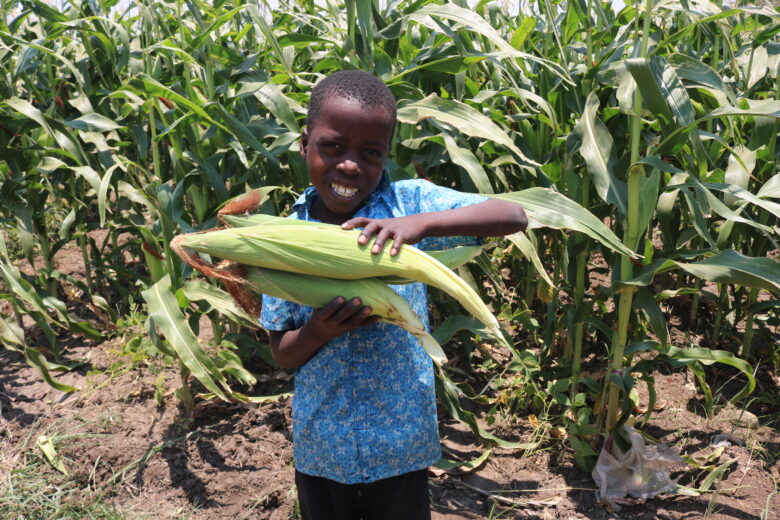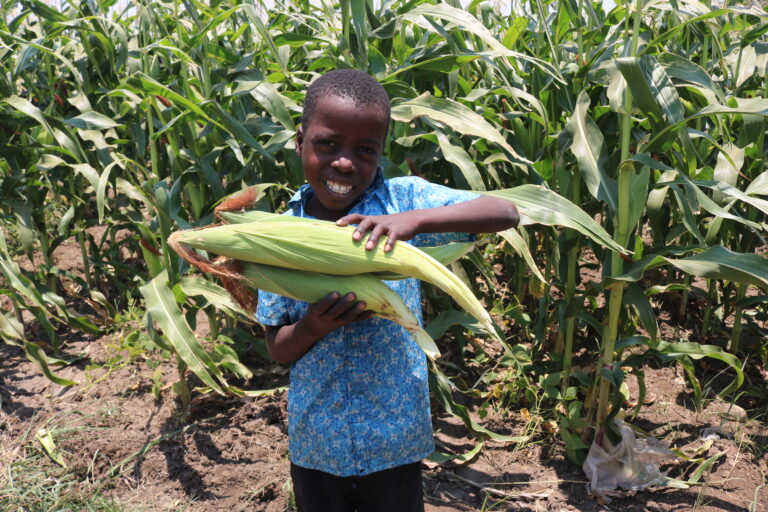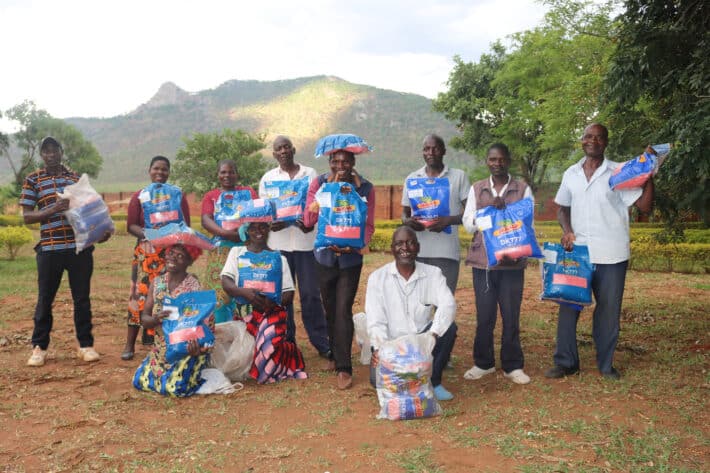Agricultural Productivity and Commercialisation in Malawi – MW2063

Malawi Vision 2063 Pillar #1

As we have discussed in some of our past blogs, Malawi Vision 2063 has three key pillars that guide the focus of the vision. These three pillars are meant to build on each other to create the inclusively wealthy and self-reliant nation that they envision. In this blog, we will look at the first pillar of MW2063: Agricultural Productivity and Commercialisation.
“We shall have an optimally productive and commercialised agricultural sector.”
What is Agricultural Productivity?
Agricultural productivity is measured by the amount of inputs (seed, fertilizer, etc.) compared to outputs (grains, maize, beans, etc.). Increased agricultural productivity means that the amount of inputs required to produce an amount of output is reduced. More generally, agricultural productivity often refers to the total amount or market value of outputs produced.
Improved agricultural productivity often develops from centralizing farming processes which, in turn, reduces cost and increases total productive capacity.
What is Agricultural Commercialisation?
Currently, Malawi’s agricultural sector is dominated by subsistence farming. Most people farm to eat, not for commercial success. Commercialisation begins with treating agriculture as a business instead of a source of food. This requires professionalisation and centralisation of farming efforts.
Centralisation can happen through organizations like farmers cooperatives or businesses and allows for pooling of resources, investment, and technological improvements. This means that more crops can be grown and processed. Commercialisation and centralisation leads to improved productivity and overall market value.
Malawi Vision 2063 highlights that a barrier to growth in this sector is widespread farming subsidies. If everyone is subsidized for farming, then it is hard to encourage centralisation.
What is Value-Addition?
Value-addition in agriculture refers to taking an agricultural product and refining it in a way that creates more market value than it had before refinement. Some examples of agricultural value-addition in the Malawian context include pressing sunflower seeds into cooking oil and its byproducts and shelling and roasting groundnuts which can also be turned into peanut butter.
Value-addition processes almost always require some kind of investment or machinery. This can be a barrier as it requires capital investment, which can be hard to access in Malawi, especially in more rural areas.
How does Agricultural Productivity and Commercialisation (Pillar #1) relate to Industrialisation (Pillar #2)?
As Malawi’s agricultural productivity, commercialisation, and centralisation increases, it will grow more crops more efficiently. As the agricultural sector expands there will be more opportunities for agricultural value-adding and activities in the country. This will in turn encourage more local agricultural industry. As industry surrounding the agricultural industry increases, other areas of industrialisation will naturally start to grow.
Once the agricultural sector is growing strong, then more government and stakeholder attention will be directed towards industry in Malawi. There will be a larger market and more investment which paves the way for further industrialisation and growth.
Interested in learning more about Malawi and Malawi Vision 2063? Stay tuned! This article is part of a series. Read about MW2063 Pillar #2 – Industrialization here!




